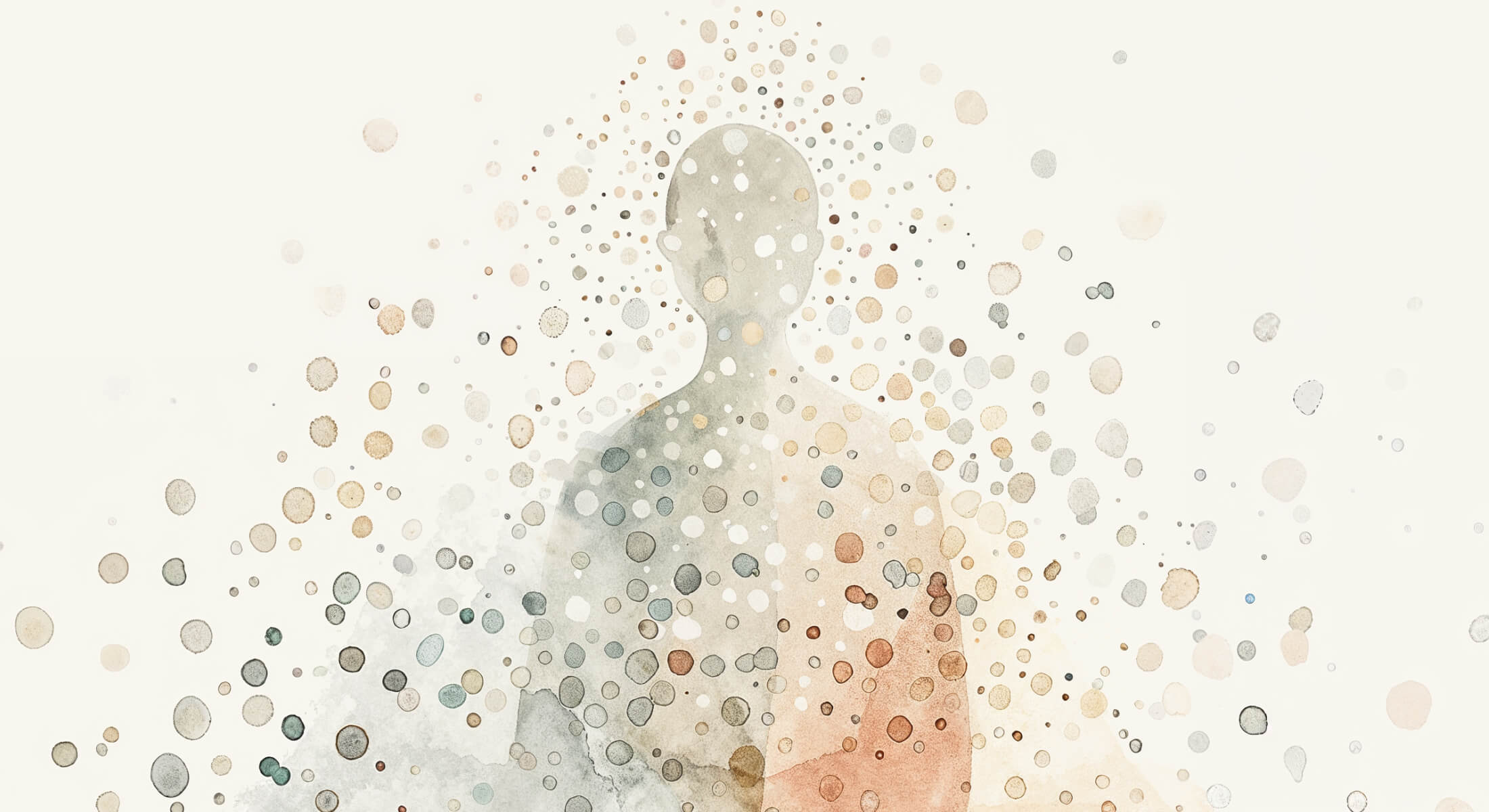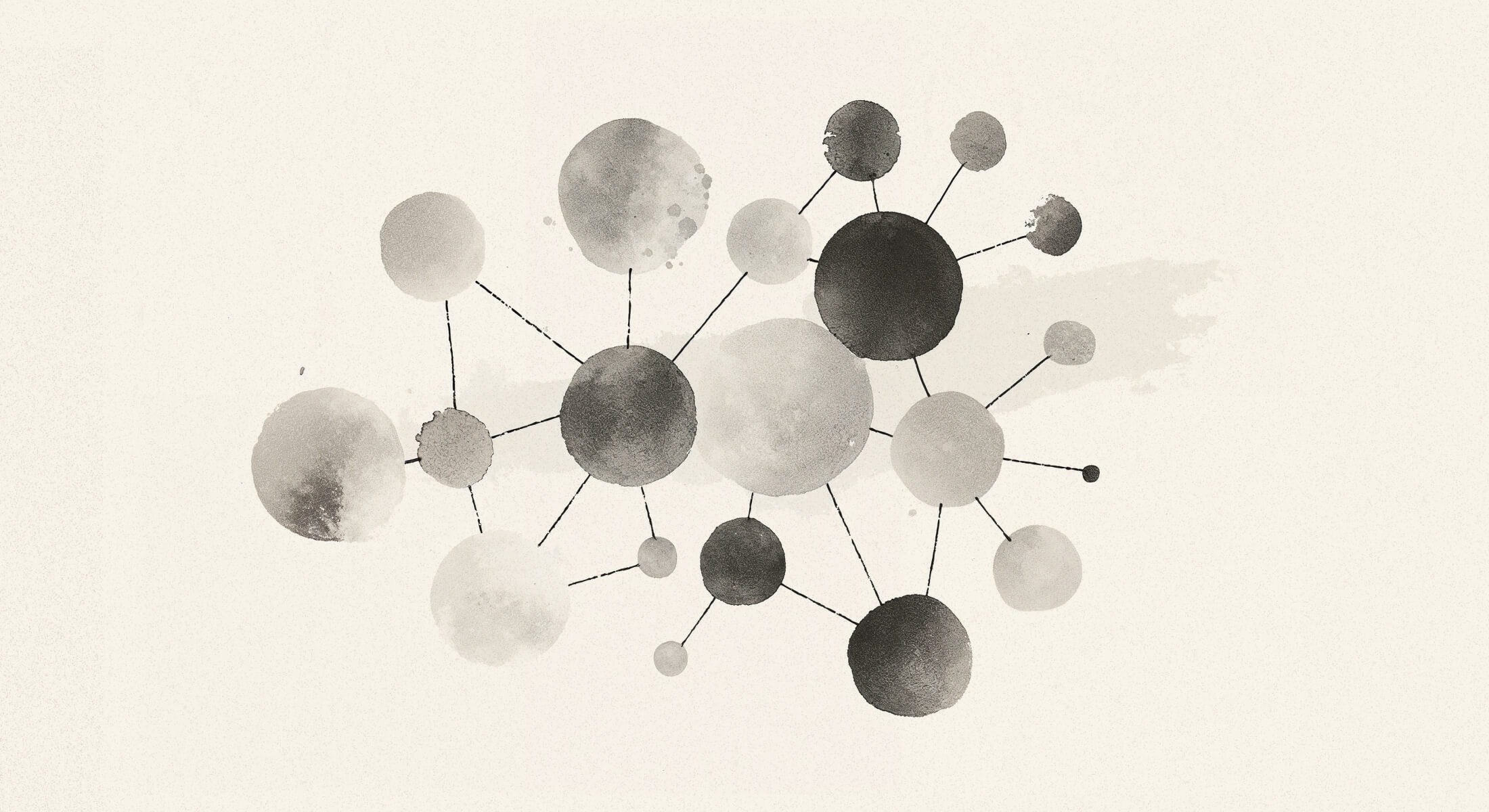Self reflection: Am I behaving like an NPC?

In the last few years, the concept of NPC has gone from being only known in the video game industry to becoming a mainstream concept in society.
NPC comes from the term non-playable character in video games, or applied to the meaning in everyday life, it is used to describe people who seem to follow a pre-established script, showing little individual autonomy or agency.
NPCs under the simulation theory
On the other hand, if we use the simulation theory as a model of the world, we could define an NPC as an individual with a smaller processing bandwidth, which results in highly predictable, monotonous and pre-established behaviors.
In the case we were actually in a simulated universe, we could differentiate categorically and qualitatively an NPC individual from a non-NPC individual, but without having total certainty of this being the case, it would be questionable under many ethical frameworks to refer to a person in this way.
Before we start
As a final introductory note, I want to say: if you detect a feeling of anger or disgust while reading this, I invite you to mentally change the title Self reflection: Am I behaving like an NPC? to How to identify if I should exercise greater authority, responsibility and autonomy over my life? - Remember that the goal of this very short article is not to be offensive or discriminate against anyone, but quite the opposite, to plant a small seed to encourage people to take greater personal agency over their own lives.
13 points to identify if I am an NPC
- I never question if the information I believe accurately represents the reality of the world I live in.
- I never change my perspective despite receiving conclusive information that I am wrong.
- I show little (or no) curiosity or interest in learning new things.
- My conversations mostly revolve around trivial or superficial topics instead of abstract, deep or existential ideas.
- I follow social trends without questioning if they really represent me.
- I show little (or no) introspection or self-knowledge about my motivations, goals and/or desires in life.
- I tend to make decisions based mostly (or totally) on what others expect me to do than on my own convictions or goals.
- My emotions dictate all my decisions, ignoring the logical analysis of the consequences.
- I avoid taking responsibility for my actions and prefer to blame external factors for my problems.
- I blindly follow social and cultural norms without questioning their validity or relevance to my personal life.
- I feel uncomfortable with any change and prefer my life to stay the same, even if it means not being happy.
- I spend most (or all) of my free time on passive activities, such as watching television or browsing social media, without engaging in enriching or productive activities.
- I don't take care of my health or my body, forgetting that it's the only thing that really belongs to me.
And a final bonus... I get upset and deny these points when I see myself reflected in them.
Changing these habits and behaviors takes time and effort, but the rewards are certainly worth it.
We all fall into some of these behaviors to a greater or lesser degree, and it is normal, but being aware of it and trying to tip the balance towards as little as possible allows us to start the path towards a more conscious and meaningful life.








